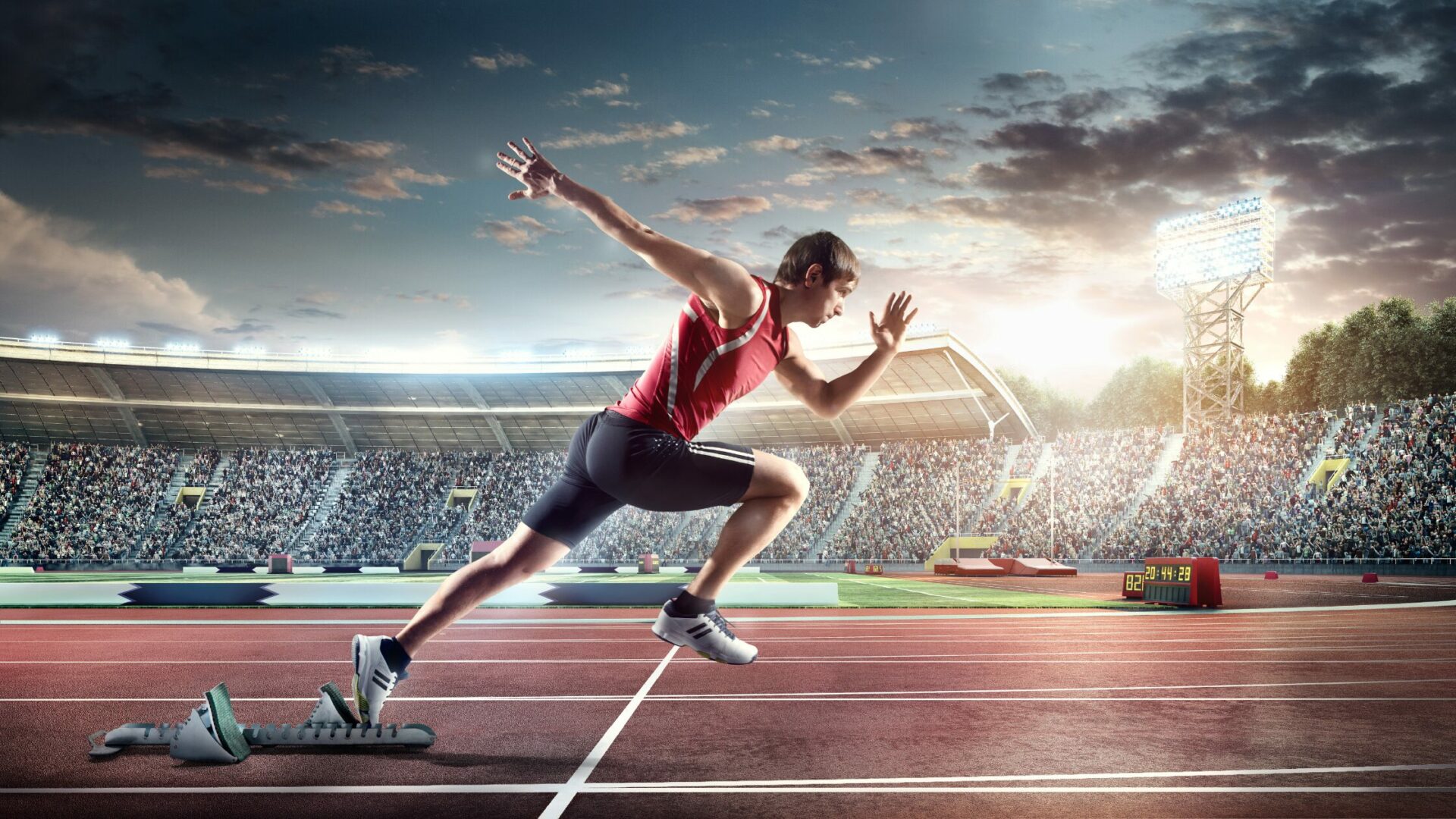Diabetic athletes need to watch their diet. This is to keep their blood sugar stable and support top performance. Customized meal plans tailored to their specific requirements are essential for managing diabetes effectively while fueling their athletic endeavors.
This article explores the nuances of crafting personalized meal plans for diabetic athletes, highlighting the significance of nutrition in achieving peak performance and diabetes management.
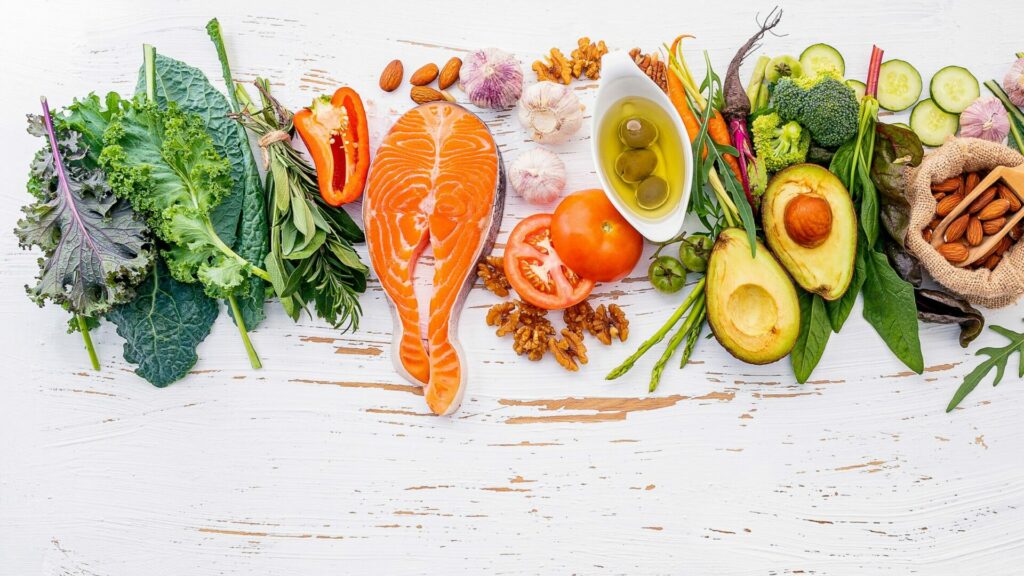
Table of Contents
Nutrient Requirements for Diabetic Athletes
Athletes with diabetes have distinct nutritional needs to sustain their active lifestyles:
Carbohydrate Intake
Carbohydrates play a vital role in providing energy during physical activity. Diabetic athletes should aim for a carb intake of 6 to 10 grams per kilogram of body weight. This will fuel their workouts and restore glycogen stores.
Protein Consumption
Protein is crucial for muscle repair and recovery. Diabetic athletes should eat about 6 to 10 grams of protein per kilogram of body weight. This supports muscle upkeep and repair.
Fat Intake
Healthy fats are essential for health and endurance. Diabetic athletes should eat dietary fats. These fats should make up 20 to 25 percent of their daily calories. Fats provide sustained energy and help make hormones.
Adequate Hydration
Proper hydration is paramount for athletes, including those with diabetes. Diabetic athletes should drink 4-5 liters of water each day. This will keep them well hydrated and support their bodies during tough training.
Crafting Customized Meal Plans
The plans should be tailored for diabetic athletes. They should include a variety of nutrient-rich foods. This is to meet their specific dietary needs.
Breakfast
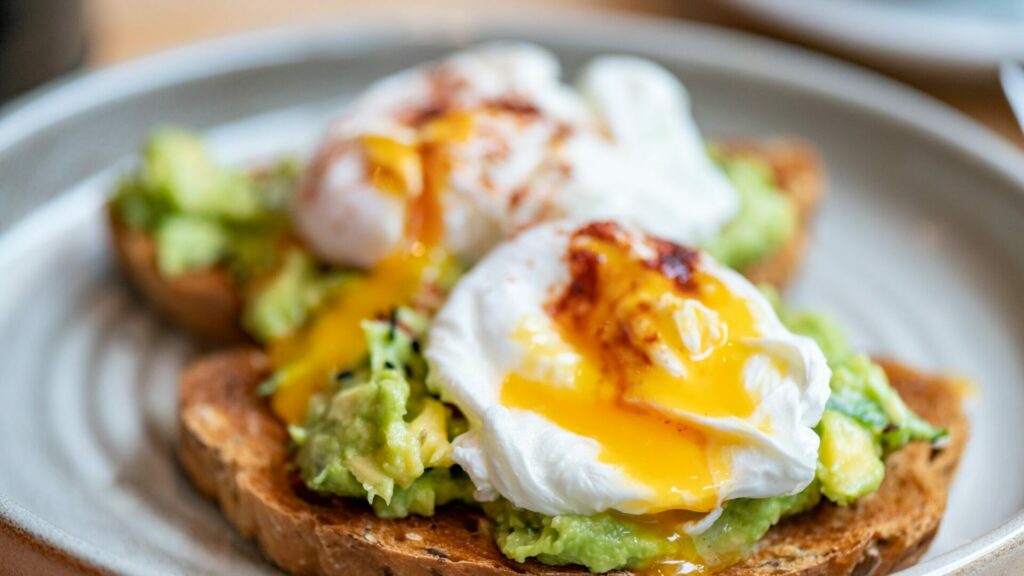
Start the day with a balanced meal. It should have complex carbs. For example, oatmeal or whole-grain toast. These should be paired with lean protein. For example, eggs or Greek yogurt. Hydration with water or herbal tea complements this morning meal.
Mid-Morning Snack
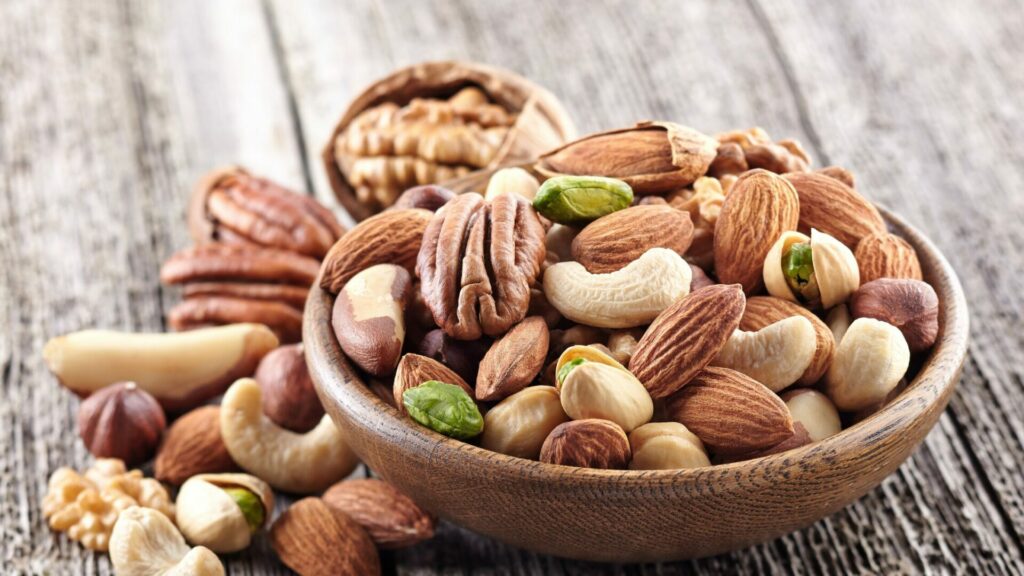
Choose a nutrient-dense snack, like a piece of fruit with a few nuts or seeds. It will give you lasting energy and prevent blood sugar swings.
Lunch
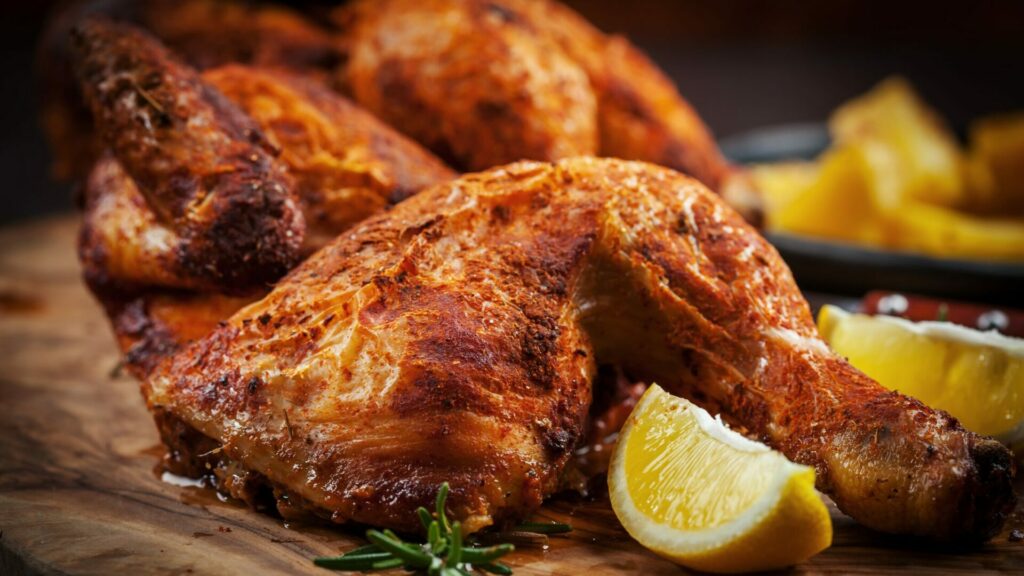
Enjoy a balanced lunch. It has lean protein, such as grilled chicken or tofu. Also, whole grains like quinoa or brown rice and lots of non-starchy vegetables. Incorporate healthy fats from sources like avocado or olive oil for added satiety.
Afternoon Snack

Choose a healthy snack to fuel afternoon workouts. You could have sliced vegetables with hummus. Or, you could have a protein smoothie with low-fat milk or plant-based milk.
Dinner
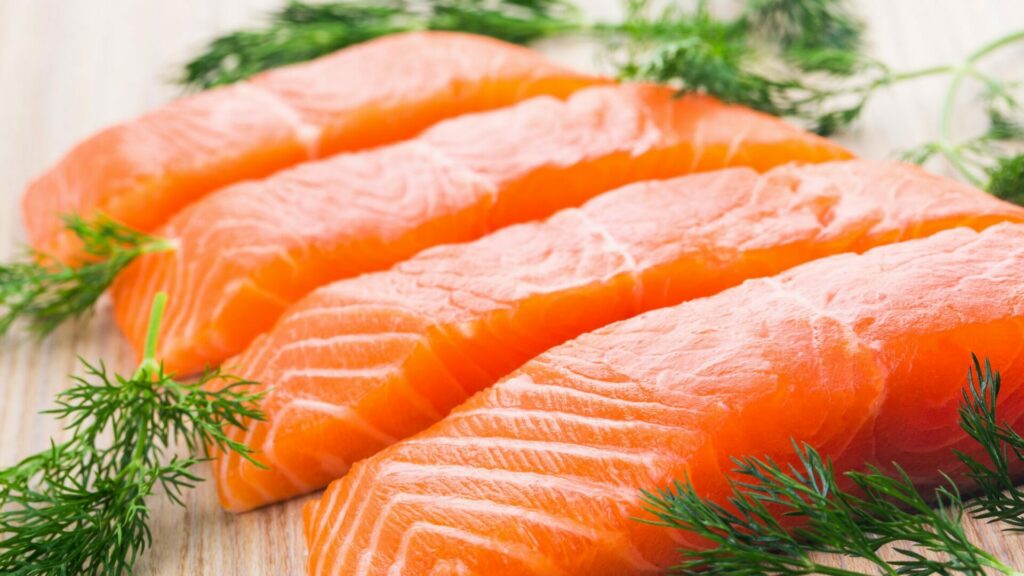
Finish the day with a satisfying meal. It should have lean protein options like fish or legumes. Also, include a variety of colorful vegetables and whole grains. Avoid heavy, high-fat dishes close to bedtime to support better sleep quality.
Pre- and Post-Workout Nutrition
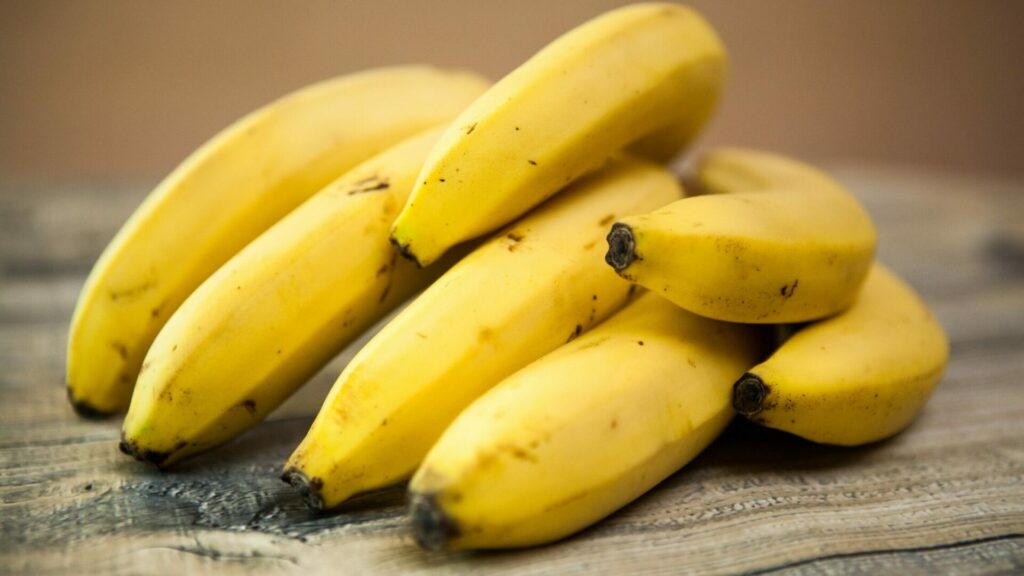
Eat pre-workout snacks with lots of carbs and some protein. They give quick energy. For example, a banana with almond butter or a small granola bar. After working out, eat carbs and protein to help muscles recover. Good options are chocolate milk or a turkey sandwich on whole-grain bread.
Natural Supplements for Diabetic Athletes
Athletes with diabetes can add natural supplements for extra support. In addition, they can make meal plans. Balanced diet is crucial. But, some supplements can add to it. They can enhance performance and help manage diabetes.
Key Considerations for Diabetic Athletes
Diabetic athletes should keep the following points in mind when managing their nutrition and diabetes:
- Monitor blood sugar levels often. Do this especially before, during, and after exercise. Use the results to adjust insulin doses and carb intake.
- Try different foods and meal timings. Find what works best for your energy and performance.
- Ask healthcare professionals for guidance. They include dietitians and endocrinologists. They will help make personalized meal plans and improve diabetes management strategies.
Frequently Asked Questions
How does carbohydrate intake affect athletic performance for individuals with diabetes?
Carbohydrates are the main fuel during exercise. Eating enough is essential. It keeps energy and performance up. Balancing carbs with insulin doses prevents high and low blood sugar during exercise.
What are some suitable post-workout snacks for diabetic athletes?
Studies suggest that optimal post-workout snacks for diabetic athletes should be high in carbohydrates and protein. They help replenish glycogen and aid muscle recovery. For example, a turkey wrap has whole-grain bread. Or, a Greek yogurt parfait has fruit and granola.
How can diabetic athletes ensure proper hydration during training and competition?
Athletes with diabetes should prioritize hydration. They should drink water throughout the day and during workouts. Monitoring urine color and frequency can help gauge hydration. Pale yellow urine means the person is well-hydrated.
By adhering to personalized meal plans tailored to their dietary needs, diabetic athletes can effectively manage their diabetes while optimizing performance and overall well-being.


